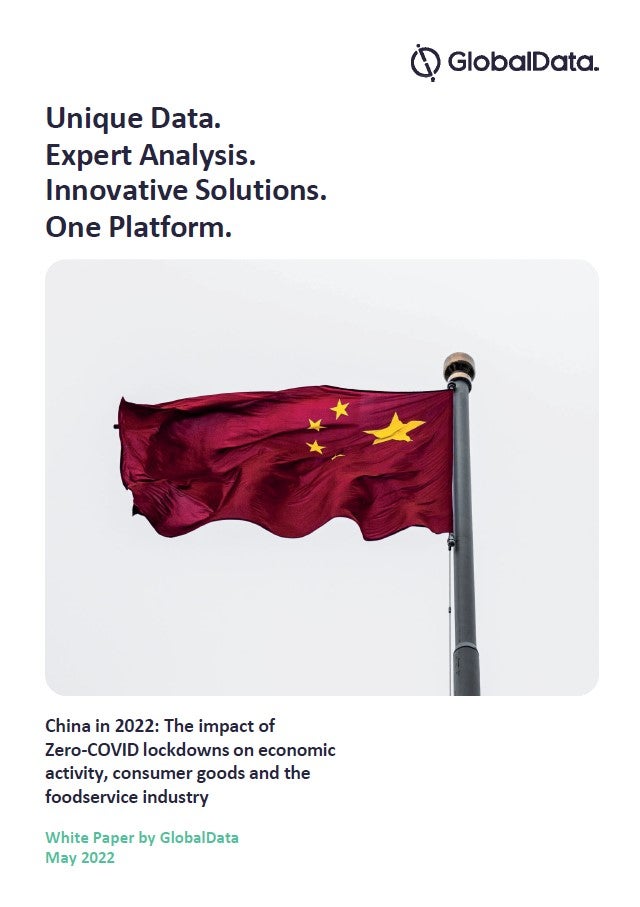Present in 74 markets, H&M’s global operation makes the challenge of dealing with Covid-19 harder, ensuring the pandemic is a true baptism of fire for new CEO Helena Helmersson.
Group Q1 sales growth of almost 8% is impressive against a tough comparative, especially as its performance was dragged down by China, its second-largest market in terms of the store estate. Q1 sales in China fell by 24% in local currency as demand was obliterated in February, declining by 84% with almost two-thirds of stores being closed at peak impact.
How well do you really know your competitors?
Access the most comprehensive Company Profiles on the market, powered by GlobalData. Save hours of research. Gain competitive edge.

Thank you!
Your download email will arrive shortly
Not ready to buy yet? Download a free sample
We are confident about the unique quality of our Company Profiles. However, we want you to make the most beneficial decision for your business, so we offer a free sample that you can download by submitting the below form
By GlobalDataWithout China and other heavily-impacted countries, including Hong Kong, Japan, Macau, Singapore and Taiwan, H&M’s group sales in local currencies rose 7% in Q1 (versus +5% overall). Despite the effects of Covid-19, Q1 operating margin rose 2.9ppts to 4.9% as H&M reaped the rewards of its extensive transformation plan, which we expect to help protect the retailer in the long run and ensure it can better cater to a post-coronavirus consumer.
A recovery, albeit slow, as stores reopen in China provides hope. However, the expansion of Covid-19 throughout other regions has been catastrophic with sales in March falling by 46% in the local currency, versus 7% growth last year, due to large-scale store closures across key markets.
Online provided some respite with sales lifting 17% in local currency in the first month of Q2, with 47 out of 51 online sites still operating. Despite plans to cut operating costs by 20%-25%, H&M has confirmed Q2 will be loss-making.
Protecting the business is a priority but just as it continues to lead the way on sustainability H&M has the opportunity to set itself apart from other fast-fashion retailers by setting the standard when it comes to treating stakeholders ethically amid the crisis.
While H&M has halted new orders, it has committed to accepting goods and paying suppliers in full for orders already met or in production, in contrast to Primark. Producing PPE equipment and making donations is commendable, but all eyes are on how H&M treats its thousands of workers, with reduced working hours and temporary lay-offs already enacted and redundancies remaining on the table.







Related Company Profiles
H&M Company Inc
Primark NV